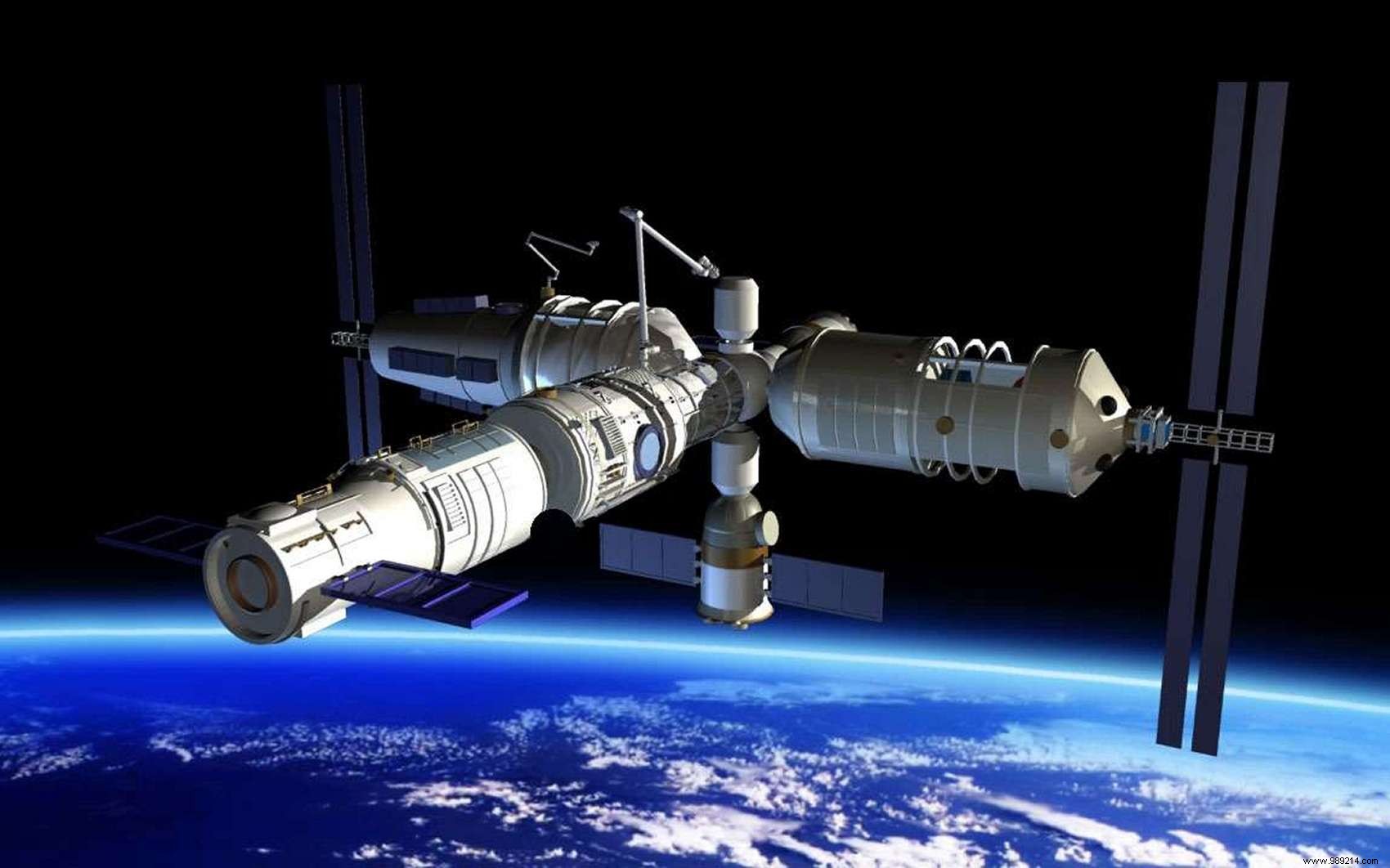Following near-miss incidents between China's Tiangong space station and Starlink satellites, Elon Musk addressed criticisms, asserting that space has plenty of room for everyone.
Chinese officials reported that the Tiangong space station (image below) performed two evasive maneuvers on July 1 and October 21, 2021, to avoid SpaceX's Starlink satellites. This sparked backlash in China, including a formal complaint to the UN. A December 28, 2021, Financial Times article highlighted Elon Musk's response, though it predated China's UN filing.
Musk was actually replying to Josef Aschbacher, director general of the European Space Agency (ESA), who criticized SpaceX's rapid deployment of Starlink satellites. Aschbacher argued that SpaceX has been dictating space rules for years, depleting available orbital slots and radio frequencies.

As noted in August 2021, Starlink was already rivaling terrestrial broadband speeds. Today, it's the leading satellite internet provider in the US, surpassing HughesNet and Viasat, with 1,900 satellites in orbit and approval for up to 12,000—potentially expanding to 42,000.
ESA's Aschbacher warns of unmanageable space debris without global coordination. Musk counters that space is expansive and Starlink doesn't hinder other initiatives. However, astrophysicist Jonathan McDowell notes that maneuvering satellites at 27,000 km/h requires hours or days, confirming low-Earth orbit is already overcrowded.
Beyond SpaceX, competitors abound: OneWeb has launched 650 satellites backed by the UK, Eutelsat (France), and Sunil Mittal (India). Amazon's Kuiper, plus Chinese and European projects, are also advancing similar constellations.